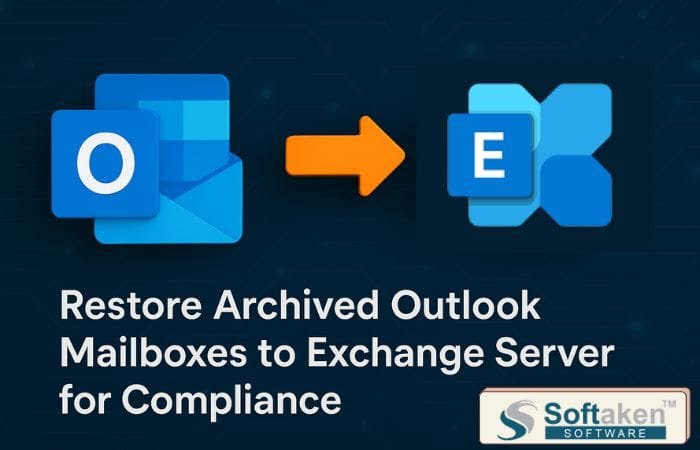Many people today are now inclined to look for brands that provide quality products and expect good customer satisfaction all the time. It is possible to have elevated expectations for quick individualized communication through popular channels with the phone, e-mail, chats, social networks, and even SMS. Those companies that do not embrace the inherent flexibility in this omnichannel reality may suffer pressures from switching costs that their more customer-centric competitors will not let them escape.
This is where the development of an omnichannel contact center comes in handy. It is no longer appropriate just to communicate that the organization provides multiple options for contacts. It has come to crystallize that a genuinely omnichannel strategy cannot exist without a consistently integrated platform enabling such channels and providing similar customer experiences across the board.
Understanding Omnichannel Contact Centers
A conventional contact center could well have access to telephones and have an email address for contacting them. But unfortunately, this results in the establishment of many channels- each running independently. Some customers are annoyed because they must explain their problems repeatedly to a new agent, while the agents do not have sufficient information about the customer’s previous experiences.
An omnichannel contact center eliminates such silos of communication channels. Also, it captures and combines all means of communication into one. This allows for:
Seamless Transitions: Customers can navigate between channels, for instance they may choose to chat and then decide to make a call and the call and the information, context of it does not get lost.
Unified Agent Experience: Complexity: Automated agents has optimized 360-degree view of the customer and interaction history as well as data such as his/her purchasing history, preferences etc.
Improved Efficiency: The selected situation indicates that agents can manage the inquiries in a shorter time and solve similar problems.
Enhanced Customer Satisfaction: Business customers benefit from having steady, high-quality specialized attention no matter what channel they apply.
Benefits of Omnichannel Contact Centers
Thus, there are numerous benefits of using an omni consulting contact center solution. Let us explore some key benefits:
Increased Customer Satisfaction: As such, omnichannel contact centers enable customer self-service on your platform in the channels that are most appropriate to them while ensuring that they receive a prompt solution to their problems. This was a clear indication of increased satisfaction and customer loyalty among the clients.
Improved Agent Efficiency: It removes the need for agents to context switch or have long sessions of searching for information or refer to multiple applications. From a unified platform, all customer data and the corresponding instruments are available; thus, call center operations complete them more quickly, enhancing agent effectiveness.
Reduced Operational Costs: Marketing and customer experience remains quite a challenge and this is because organizations are now forced to develop sophisticated tools such as the omnichannel solutions that do not require different platforms for each channel. It entails some expenditure in the initial stages but overall can result in substantial cost savings.
Data-Driven Insights: Marketing through multiple channels is also important as it offers insights into how customers are interacting with companies across all touchpoints. These can be used to identify trends, make improvements to the Customer Services Standard, and make further personalization.
Increased Brand Advocacy: Loyal customers also return to patronize your brand and are likely to recommend others to do the same. In this way, you may also note that customers who have spoken with an omnichannel contact center can become a source of positive word of mouth for a company.
Key Components of an Omnichannel Contact Center
Several key components are essential for an effective omnichannel contact center:
Unified Communication Platform: This platform encompasses all the avenues of communication including telephone, e-mail, instant messaging, and others like social media. The interactions consumers, or agents, can view all touch point interactions in a single viewpoint established irrespective of the employed media.
Customer Relationship Management (CRM) Integration: Another key indirect benefit of contact center integration with CRM system is effective access to important data about customers by the agents such as purchase history, previous conversations, and preferences.
Workforce Management Tools: They enable the activities of staffing and allotting agents appropriately to cover customers across every possible channel.
Reporting and Analytics: Timely and effective reporting mechanisms remain significant in generating useful information concerning customer behavior, contact center agents and: the effectiveness of the center.
Considerations for Implementing an Omnichannel Contact Center
Before diving headfirst into an omnichannel solution, here are some factors to consider:
Business Needs: For every organization to embark on the development of BI (Business Intelligence) solution, it is essential that the organization identifies the specific business needs and challenges in an organizational context. Which customer service touchpoints have become the most crucial to customers?
Budget: Pricing of omnichannel solutions varies in the following ways, As mentioned earlier, omnichannel solutions are available in different pricing models. Before settling on any solution, one should assess their fiscal capacities and produce a solution that best suits one’s needs.
Scalability: Another important consideration is that the solution should be scalable in order to meet the needs of a growing business.
Security: It would be important to note that data is sensitive, and thus requires protection. Select a provider that has put in place various security features to ensure losses to customers’ data do not happen again.
Change Management: Thus, effective change management measures need to be put in place in the course of implementing the omnichannel solution in order to increase the uptake by the agents and for the overall solution to be effective.
The Future of Omnichannel Contact Centers
Integrated contact centers popularly known as omnichannel contact centers is a promising field.
Here are some exciting trends to watch:
Artificial Intelligence (AI): Employing an AI-based chatbot to handle requests such as ‘Where’s my package?’ makes operational sense as it filters out trivial but voluminous queries that do not require the attention of human customer service agents. It also used data to offer a personalized experience for the customers and clients of the organizations.
Machine Learning (ML): Advancements in ML algorithms can also let organizations monitor and analyze every interaction that customers have and anticipate their specific needs so that organizations can address these needs earlier.
Advanced Analytics: Newer trends in analytics will define a higher understanding of customers, helping business hence, acquiring detailed analysis that results in a highly localized experience.






Tech content on this site may include contributed articles and partnerships with industry voices. Learn more in our Editorial Policy.